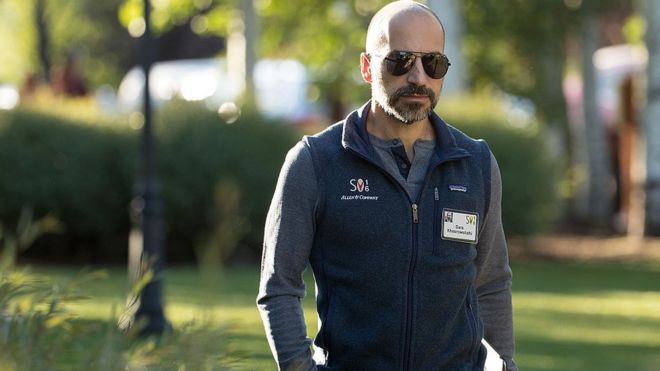grober
MB Master
Sorry I was confused there for a moment when you mentioned ethics and uber in the same post.  Anyhow the decision statement and an explanation of GREYBALL
Anyhow the decision statement and an explanation of GREYBALL
Greyball - Wikipedia

Greyball - Wikipedia

Follow along with the video below to see how to install our site as a web app on your home screen.
Note: This feature may not be available in some browsers.


..One difficulty expressed by TfL was Uber's "approach to how Enhanced Disclosure and Barring Service (DBS) checks are obtained" for its drivers. That part of the process was not even handled by Uber, said their executive Mr Jones. Instead, the drivers organised their own DBS check and took that paperwork to TfL. So DIY enhanced disclosure and barring. How does that work then?
And that, in a nutshell, is why this is viewed by some as a politically-driven event.This does raise the bigger question of whether allowing people to be 'self-employed' and work when and where they want is a much-welcomed new freedom made possible by advances in modern technology (Internet and mobile phone apps) and those who oppose it are Luddites; or perhaps it is a cynical abuse of workers' rights by greedy businesspeople who try and bypass local employment laws to reduce their own running costs and unfairly complete with established business?
Well we live in a time where people seem to accept just about anything
Uber is losing money just how long the backers will swallow this is the question,they are losing far more than the high tech companies of a few years ago and we know what happened then.
One can only assume Uber drivers are not using this TFL approved online records check company but alternative companies which fall short of TFL standards for some reason ?
Historically Londoners had a choice between regulated black cabs offering knowledgeable, vetted, cabies in approved black cabs, and non-regulated local minicab firms where the only requirement was for the car to be insured to carry paying passengers.Well we have a company valued at $52 billion dollars who do not make a profit,of course they are very worried at what has happened in London,whatever we need safe transport,we have buse's and underground trains all regulated all running certified vehicles all abiding by rules,we have had cabs regulated by laws over 150 years old,because people needed to be safe when hailing a cab,all that Uber is doing is running on the fringes of what is allowed hoping the size of the company and popularity of it's apps will make it immune from regulation,the TFL have acted correctly.

This is perhaps an aspect of the uber v black cab issue that hasn't been touched on. female participation. Perhaps brings into sharper focus the risks of this type of occupation for both driver and passenger

How many women drive for Uber versus Lyft exclusively?
We use essential cookies to make this site work, and optional cookies to enhance your experience.